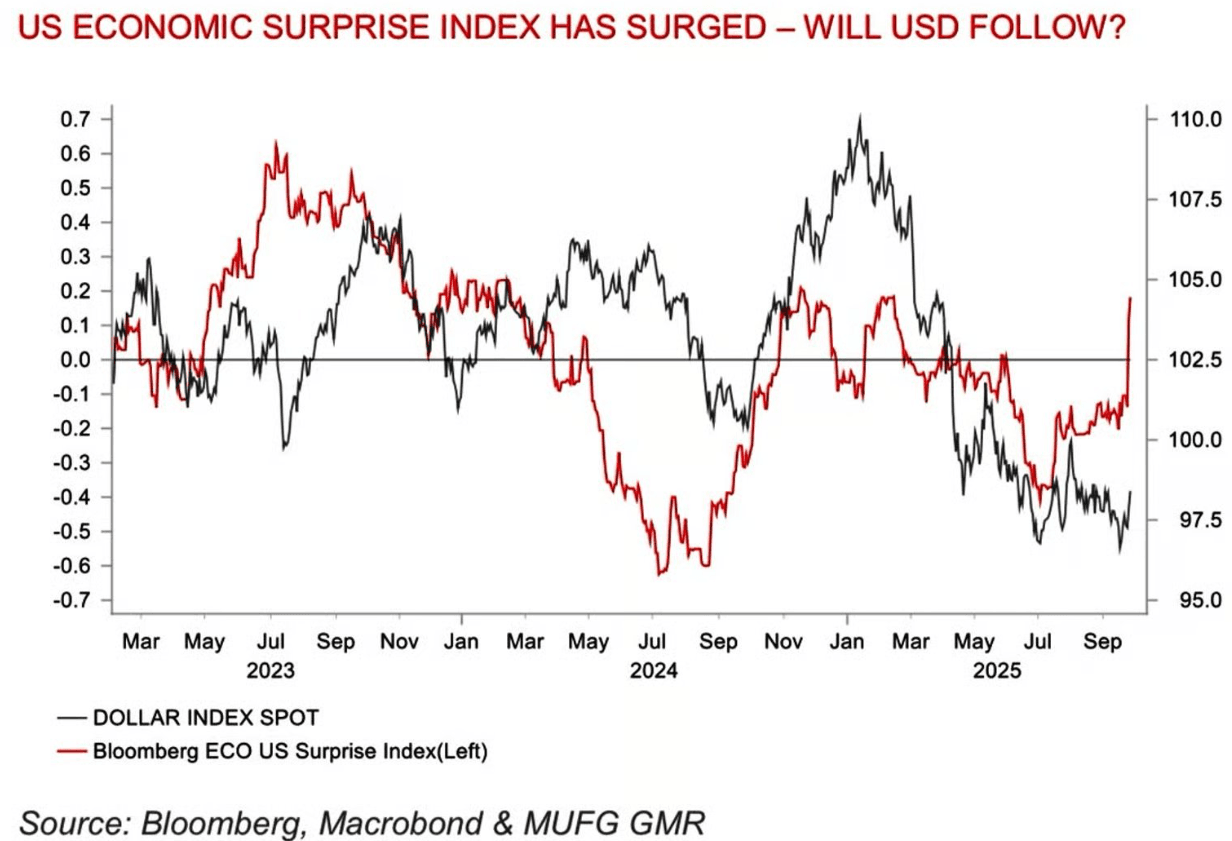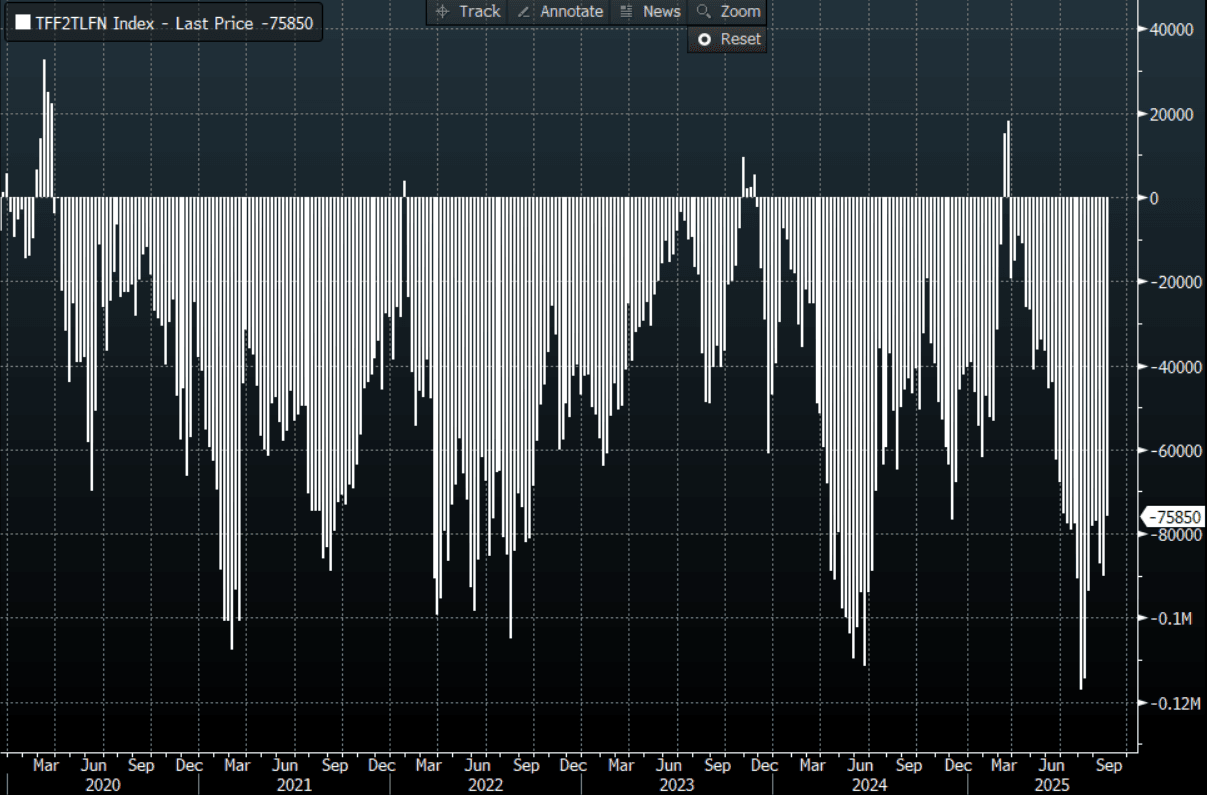EM ASIA CREDIT: China Ping An Insurance Overseas: Q3 results solid
(PINGIN, Baa2/NR/NR)
Solid Q3 results, with new business value rising, positive read.
Ping An reported results overnight. In the first nine months of 2025 group operating profit after tax rose 7.2% YoY. Life & Health Insurance, which accounted for 68% of total profit, saw new business value (NBV) grow 46.2% YoY to RMB35.7bn, with NBV margins up 9pps to 30.6%, reflecting strong business quality and customer loyalty.
Retail customers were up 2.9% YTD, and the company noted a 97.5% retention rate for those holding four or more products - a positive signal for future earnings. We note the Asset Management business turned around to an operating profit of RMB3.2bn from a RMB1.7bn loss a year ago. Overall positive read for credit.
In terms of valuations, we note that the recent USD 35s are around 10bp tighter since launch at z+130bp, a few basis points inside the USD 34s.

Want to read more?
Find more articles and bullets on these widgets:
Historical bullets
USD: BBDXY - Tops Out Toward 1210, Drifts Lower Very Easily
The BBDXY range Friday night was 1204.85 - 1209.02, Asia is currently trading around 1202, -0.20%. The USD topped out towards 1210 again on Friday and has drifted lower very easily. I can’t see any big directional moves this week until the market sees the Payroll number. Next resistance is back towards the 1215-1225 area where I would expect sellers to remerge initially. The big question is at what level do the global asset managers return to selling for hedging purposes. First support back towards the 1200 area and then 1195. Quarter-end for Asset managers likely to see some USD selling to rebalance portfolios.
- Bloomberg - “Barclays Sees Dollar Sales At Quarter-End As US Assets Hold Firm: The climb in US equities to records - coupled with resilient gains in the treasury market - means that global fund managers will have to sell the dollar into the end of this quarter as they rebalance portfolios.”
- Daily Chartbook on X: "Market is not positioned for stronger US data." - MUFG. See Graph Below.
- Sean D.Emory on X: “Government shutdown headlines always spark fear. But history tells a calmer story. Looking back at every shutdown since 1976: The S&P 500 has been flat on average during shutdowns (0.0%) and actually up +0.6% the week after. The 10-year Treasury barely moves, average change of +0.03% during, then reversing after. In other words, the market tends to look through shutdown noise quickly.
- “Investors who are bearish on the dollar should also seek protection via long positions on the yen and Swiss franc given the extent of event risks — from the US jobs report to a possible government shutdown — in the week ahead, according to JPMorgan Chase & Co.” - BBG
Fig 1: USD vs US Surprise Index

Source: MNI - Market News/Bloomberg Finance L.P
US STOCKS: Russell Index - Bounces Back From 2400, Payrolls This Week Is Key
The Russell 2000 overnight range was 2413.550 - 2434.32, closing +0.97%. The Russell 2000 found demand back towards 2400 and bounced nicely as the market reacted to benign US data. The Russell would be the biggest beneficiary of a new cutting cycle but with the market recalibrating its very dovish expectations the small cap exuberance is being tempered. CFTC data for last week show the leveraged fund community pulling back on their short holdings, the position remains significant so the risk of further scaling back remains. Payrolls this week if released will be very closely watched.
- MNI FED BRIEF: Fed's Barkin-Jobs Shakier, Inflation Less Troubling. The U.S. employment outlook has deteriorated following recent weakening in payroll growth and large downward revisions to past numbers, while inflation has not risen as much as had been feared due to tariffs.
- Bloomberg - “If the labor market data was to prove better than expected next week, it would certainly undermine the primary argument put forward by Fed Chair Powell to cut rates further and force the Fed to give more weight to the upside inflation risks,” said Derek Halpenny, head of global markets research at MUFG.”
- CFTC data shows leveraged funds reduced their shorts last week to -75850( previously -90215). This has been cut back from a high of around -117000 at the beginning of August.
- These shorts would most likely be held against longs in other sectors which have done remarkably well and so the losses would not be as acute, but a move through all-time highs might make some of these reconsider the position.
Fig 1: CFTC Russell Leveraged Funds Positioning

Source: MNI - Market News/Bloomberg Finance L.P
CHINA PRESS: Industrial Profits Return To Growth
Profits at industrial enterprises increased 20.4% y/y in August, reversing a decline of 1.5% in July, driven by efforts to combat aggressive price competition, coupled with a low base from the same period last year, Yicai.com reported citing data by National Bureau of Statistics on Saturday. For the first eight months, industrial profits grew by 0.9% y/y, reversing the continuous decline since May. Profits are expected to keep recovering moderately, with the support of anticipated additional pro-growth policies, and improving market order and more reasonable price transmission and cost distribution mechanisms, the newspaper said citing Wen Bin, chief economist of China Minsheng Bank.